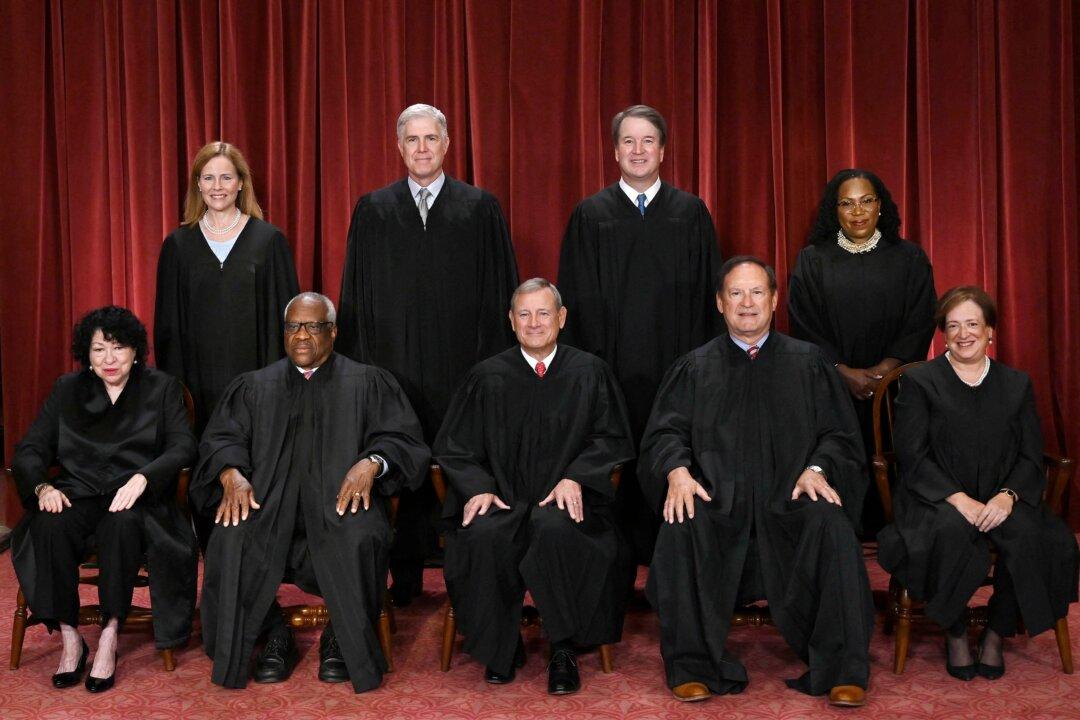The U.S. Supreme Court on Thursday confirmed it will hear an emergency challenger to President Joe Biden’s student loan debt program and will keep the plan on hold.
In a brief order, the high court wrote that it would hear oral arguments in February of next year. But in the interim, the Biden administration’s program will remain blocked.





